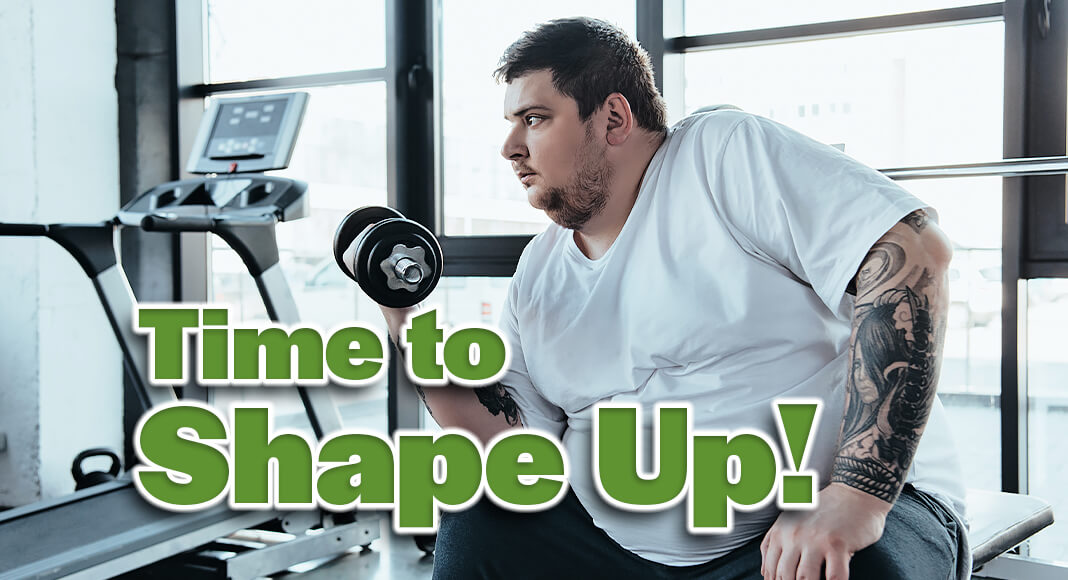
Texas Border Business
By Mayo Clinic
Newswise — LONDON — Around the world, people are starting to engage in outdoor activities after a winter spent largely indoors and perhaps with less physical activity than during more temperate seasons. In other climates, people may be starting an indoor, less-active time. Gosia Wamil, M.D., Ph.D., a cardiologist at Mayo Clinic Healthcare in London, offers five tips to protect your heart when you spring into action after a sedentary period.
It may be tempting to immediately move garden equipment and furniture out of storage, start a landscaping project, go on a long hike or engage in other physically demanding activities that were on hold due to poor weather.
“Spring is a great time to reconnect with nature and enjoy movement, but it’s vital to respect your body’s limits,” Dr. Wamil says. “Even light daily activity can have meaningful benefits for heart health. Consistency matters more than intensity.”
Busy lifestyles and, for many people, long days spent working at a desk, compound seasonal challenges that may mean less activity. Together, the lack of movement may decondition your body, requiring a bit of time before you return to more optimal shape. Stress can further compound demands on the heart.
Dr. Wamil’s first tip: Ease into physical activity gradually.
“After a long season of reduced activity, it’s important not to jump straight into strenuous tasks,” she explains. “Start with light activities like walking or gentle stretching and gradually build up intensity. This helps reduce the risk of injury or sudden cardiac stress.”
2. Warm up before and cool down after physical activity.
“Whether you’re gardening or going for a hike, taking five to 10 minutes to warm up prepares your muscles and heart for the activity ahead,” Dr. Wamil says. “A proper cooldown helps your body return to baseline and prevents dizziness or blood pressure drops.”
3. Listen to your body — and don’t ignore warning signs.
“If you feel chest discomfort, unusual shortness of breath, dizziness, or palpitations, stop immediately and seek medical attention,” Dr. Wamil advises. “These symptoms could signal a heart problem, especially in people who haven’t been active for a while.”
4. Stay hydrated and dress appropriately for the weather.
“Dehydration and overheating can put extra strain on the heart, especially in older adults,” Dr. Wamil says. “Wear layers you can remove as you warm up, and drink water regularly even if you don’t feel thirsty.”
5. If you have known heart disease or risk factors, talk to your doctor before starting a new physical-demanding activity.
“People with high blood pressure, diabetes, or a history of heart conditions should check in with their healthcare provider before beginning more vigorous outdoor tasks,” explains Dr. Wamil, whose tools to diagnose a variety of heart diseases include cardiac magnetic resonance imaging (cardiac MRI). “A tailored plan can keep you safe and active.”







